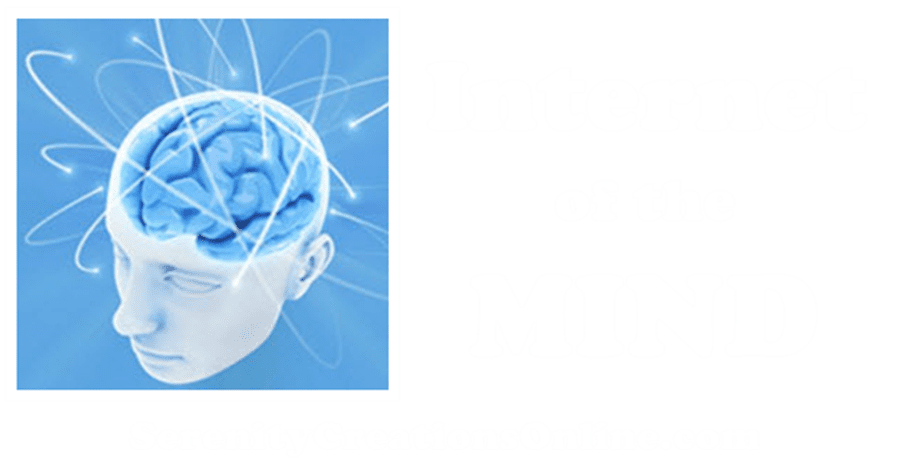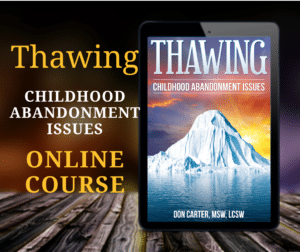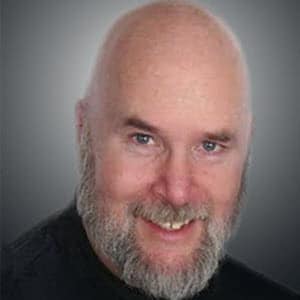
More Enabling Behaviors: The Punishment and Forgiveness Cycle
Enabling Behaviors occur in painful but predictable cycles such as the Punishment/Forgiveness Cycle outlined below. This cycle is a variation on the Drama Triangle described elsewhere on this site. The “Punisher/Forgiver” (usually the Codependent) is the Persecutor and/or Rescuer. The “Punished/Forgiven” (Usually the problem person) is the Victim.
Enabling Behaviors & Psychological Mind Games
The Punisher plays a game of “Now I’ve Got You, You SOB” then later, as the Forgiver, plays a game of “I’m Only Trying to Help You”. The Punished plays a complimentary game of “Kick Me” and “Why Does This Always Happen to Me”. When it becomes obvious that the Punisher has a problem with controlling, fixing, and other Codependent behaviors the roles and games can be reversed. This cycle is the perfect arena for enabling behaviors… Many times it’s the Codependent who gets bored & sets another cycle in motion.
The Punishment/Forgiveness Cycle
The “Doing Fine” Stage:
This stage is when the problem is inactive and things seem to be going well.
The Boredom & Fantasy Stage:
In this stage, because the external focus is lost, boredom sets in as a precursor to the surfacing pain – to keep an external focus, the person begins to fantasize ways to alleviate the discomfort of boredom – they begin to “watch movies” in their mind’s eye of ways to feel better… such as engaging in the addictive/codependent behavior.
Examples:
- Codependent – subconscious perception signals that the lack of an external focus is soon to be followed by awareness of inner pain…and a need for Comfort & Relief. The enabling behaviors neural network plays the “I just know he’s drinking again and trying to fool me – I’ll catch him!” movie which re-engages the external focus and other enabling behaviors.
- Work-a-holic – subconscious perception signals that the lack of an external focus is soon to be followed by awareness of inner pain… The work addicted network plays the “Look at yourself — just sitting there with all these incredibly important things you need to get done!” movie which re-engages the external focus.
- Gambling Addict – subconscious perception signals that the lack of an external focus is soon to be followed by an awareness of inner pain … The gambling neural network plays the “Ohmigod! This is the chance of a lifetime –- I can’t pass this up!” movie which re-engages the external focus.
The Obsession & Compulsion Stage:
The fantasy becomes an obsession because “watching the movie” strengthens the feelings that go with the addictive behavior, triggering a compulsion to engage in that behavior. The compulsion to act-out is resisted until…
The Acting-Out Stage:
The compulsion grows so strong it is impossible for the person to resist. So, they act-out the movie they have been watching in their mind’s eye. They continue to act-out until they get caught or something bad happens.
- Examples:
- Food Addict – Eats compulsively experiencing the high followed by the crash of guilt and shame… not to mention the crash of coming off the sugar rush.
- Cocaine Addict – Uses until the money runs out or they get caught…
- Love Addict – Accuses spouse of cheating causing another fight…
- Sex Addict – Cheats on their spouse again causing another break-up…
The Punishment Stage:
Once “caught”, the problem person enters into the punishment stage where the Punisher is upset over yet another transgression or broken promise to stop…there is a big fight…more pain –- (abandonment, shame, and contempt.)
The Forgiveness Stage:
In this stage, the Punished person gets into their best behavior and works their way back into the good graces of the Punisher. Once forgiveness is achieved then everything is fine again — until boredom sets in!
Key Point for Couples:
Each of us has our own internal Punisher — it’s the part of us often referred to as our conscience…
- When a spouse or other loved-one takes the role of Punisher they have left the acting-out party with only the Punished role to play — See the Contemplation Stage of Change for more on this.
- When the acting-out party receives their punishment and forgiveness from an outside source they get an internal sense of relief for having “atoned” for their behavior clearing the way for more transgressions.
- If no outside source provides the punishment they are left to deal with their own conscience. When this happens they have to go around the wheel on their own playing both Punisher and Punished.
- While detaching, or staying out of the Punisher role, may not lead to an immediate change in behavior it does break the cycle of codependency and the above pattern of enabling behaviors – aka the Drama Triangle.
Key Point for Individuals: If no one is available to play the Punisher Role we have to play both roles ourselves –- punishing and forgiving ourselves.
Regardless of whether anyone plays the game with us we will continue around this cycle until we hit bottom and decide to get help. When this is the case, the pattern is called the Addiction Cycle.





